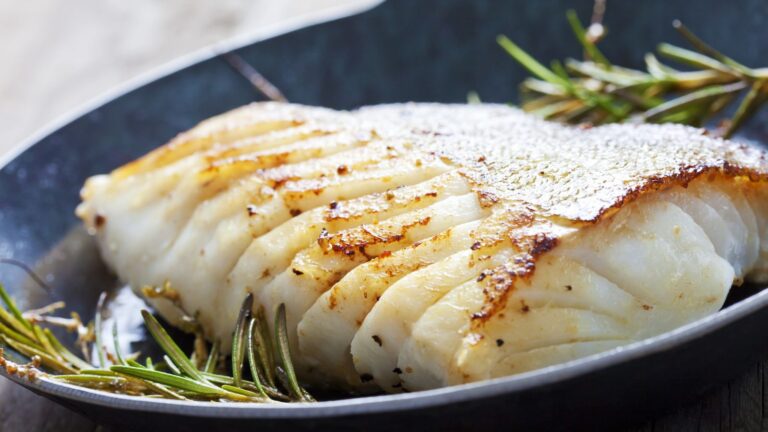Seafood is a beloved staple in many diets, celebrated for its flavor and health benefits. However, not every animal from the ocean has to be on your dinner table. Whether because of sustainability, safety, or ethical issues, here are some seafood you need to think twice about before eating.
Bluefin Tuna
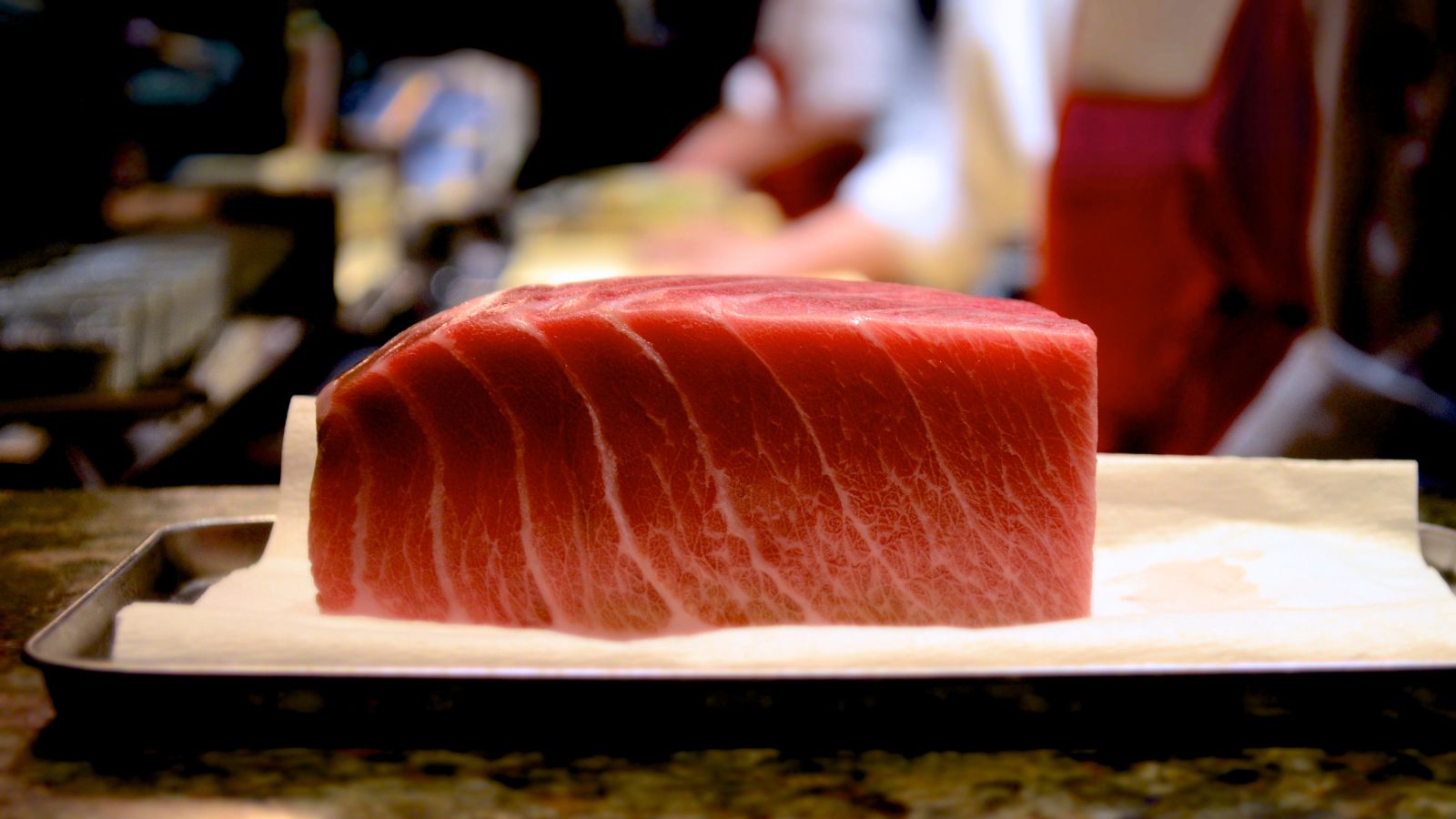
Bluefin tuna is highly prized for sushi and sashimi, but its populations are critically depleted due to overfishing. Conservationists warn that continued consumption could push the species to the brink of extinction. You can help alleviate pressure on bluefin stocks and promote more sustainable fishing practices by simply choosing alternative tuna species.
Shark Meat
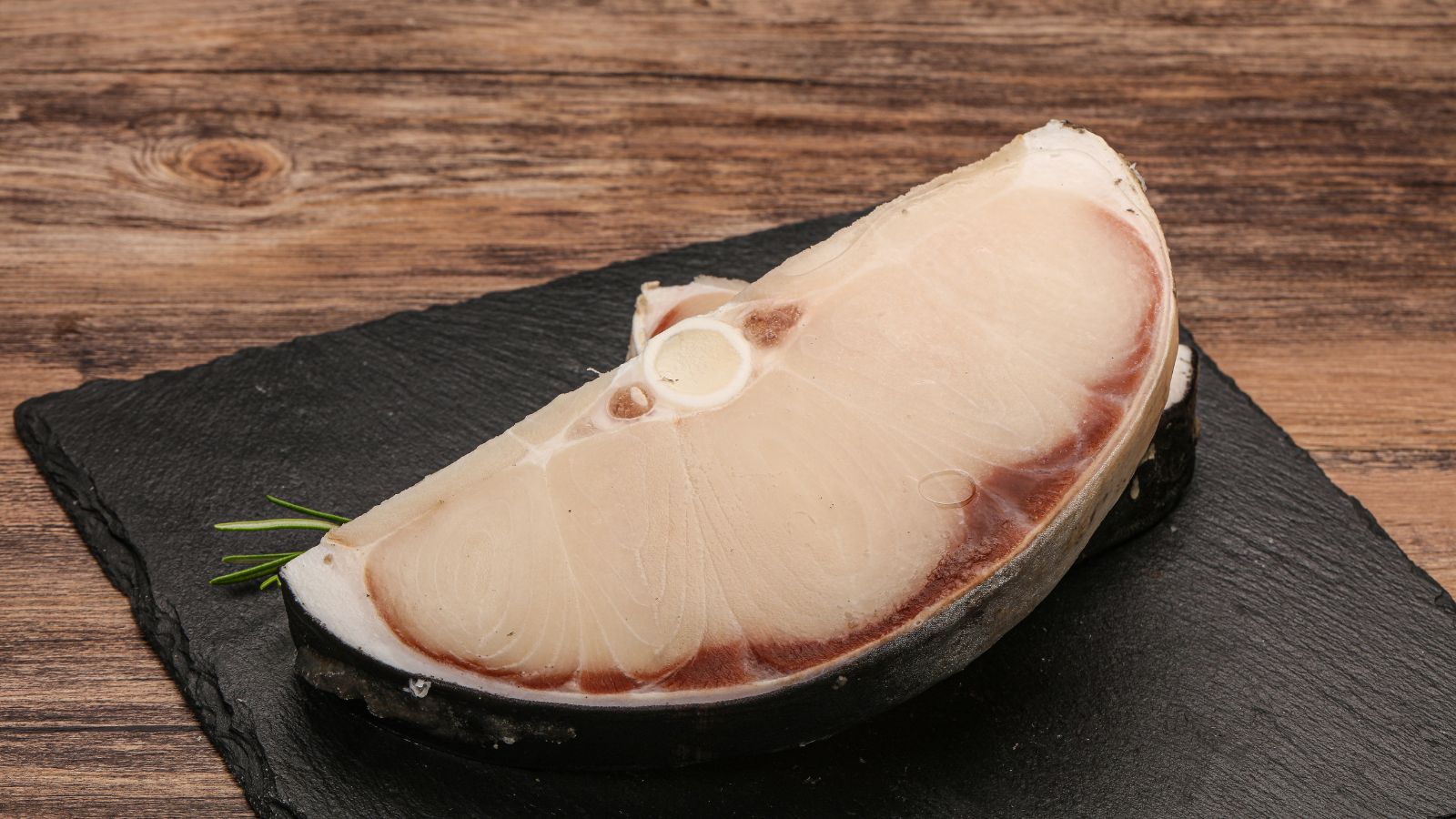
When it comes to consuming shark meat, you’re faced with health risks due to the somewhat high mercury levels in it, which can potentially affect your brain and central nervous system. Additionally, shark populations are declining worldwide, with many species endangered from overfishing and finning practices. Hence, you save yourself and the ecosystem by taking out this food option from your menus.
Swordfish
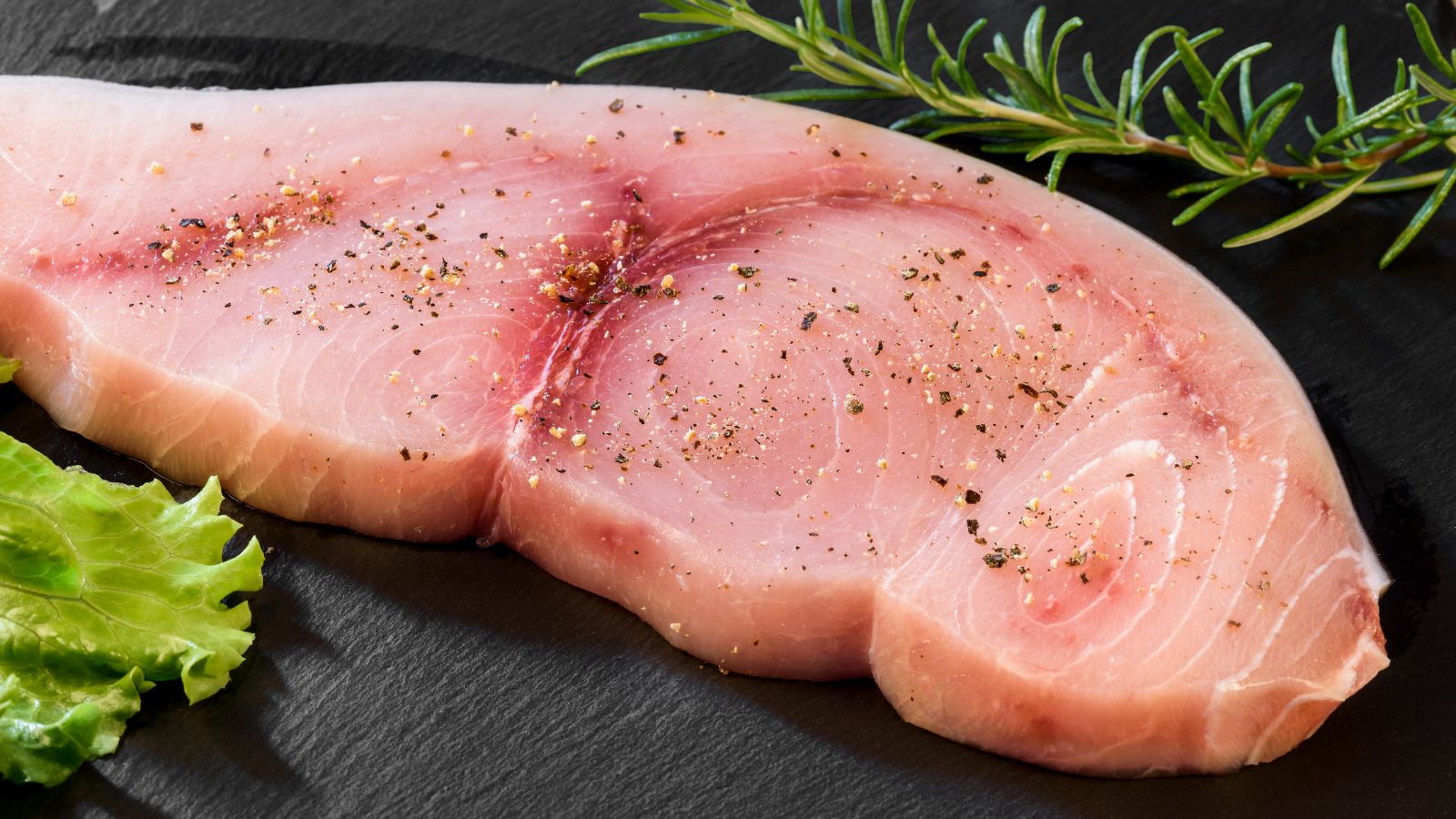
Swordfish is another large predatory fish known to accumulate mercury in its flesh from eating other fish in the ocean. Frequent consumption can lead to mercury exposure, posing risks, especially for pregnant women and children. Sustainable fishing methods for swordfish are also a concern, making it a less desirable option from both health and environmental perspectives.
Imported Farmed Prawns

Imported farmed prawns often come from countries with lax environmental regulations. This means that farming practices may involve antibiotics and chemicals that can harm both animal ecosystems and your health. Locally sourced or sustainably farmed prawns are always the way to go when it comes to them.
Eel
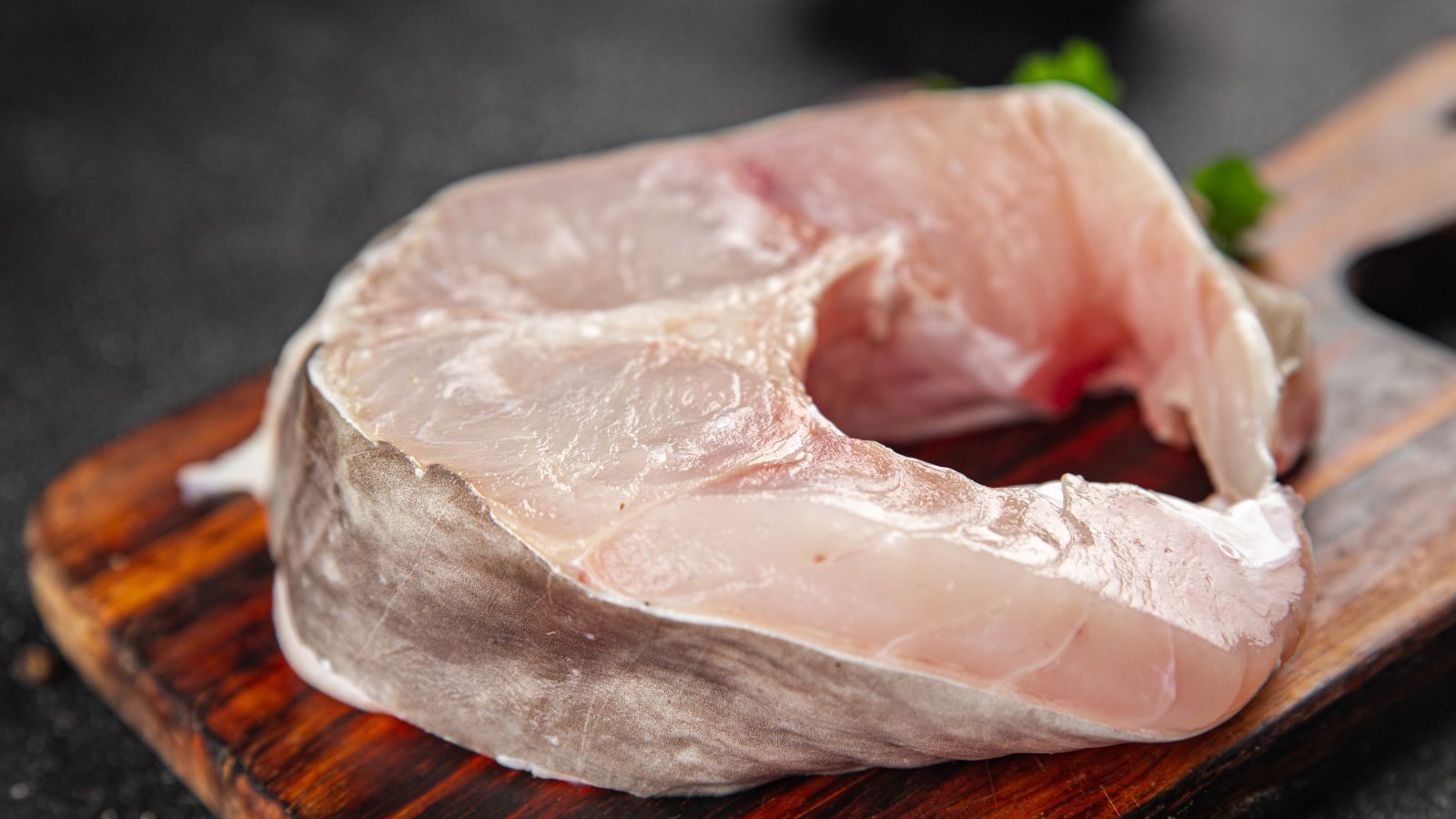
European eel populations have plummeted by up to 95% since the 1980s, and this is due to human factors like hydraulic dams and overfishing. If you want to help conservative efforts toward protecting the fish, you can start by simply avoiding putting them in meals and ordering them at restaurants.
Orange Roughy
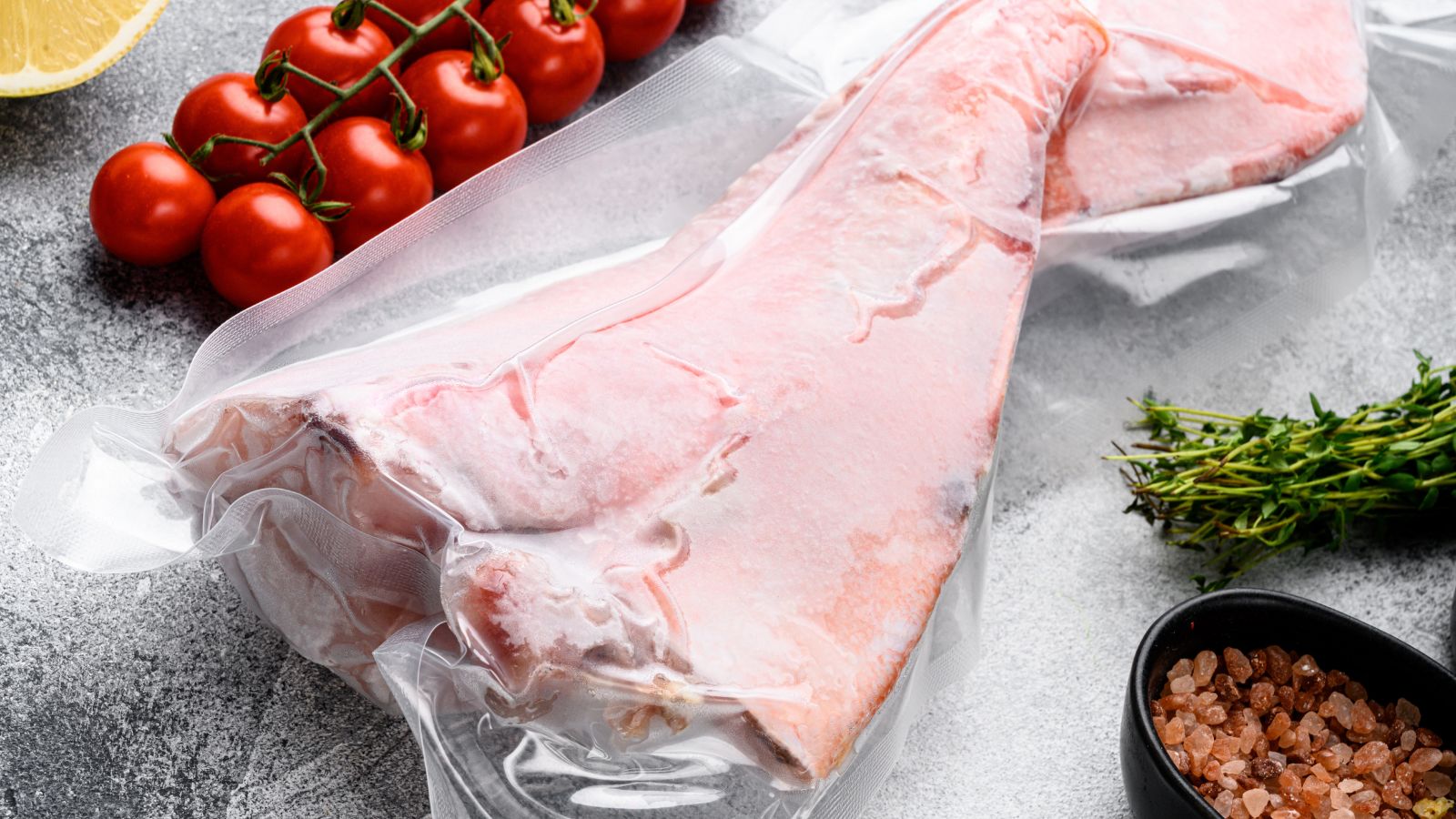
A slow-growing fish, orange roughy can live up to 150 years. But while this looks good for their continuous existence, this late maturity and long lifespan actually make them highly susceptible to overfishing. It’s no surprise that populations have been severely depleted over the years, and their recovery is slower than many other fishes.
Atlantic Cod
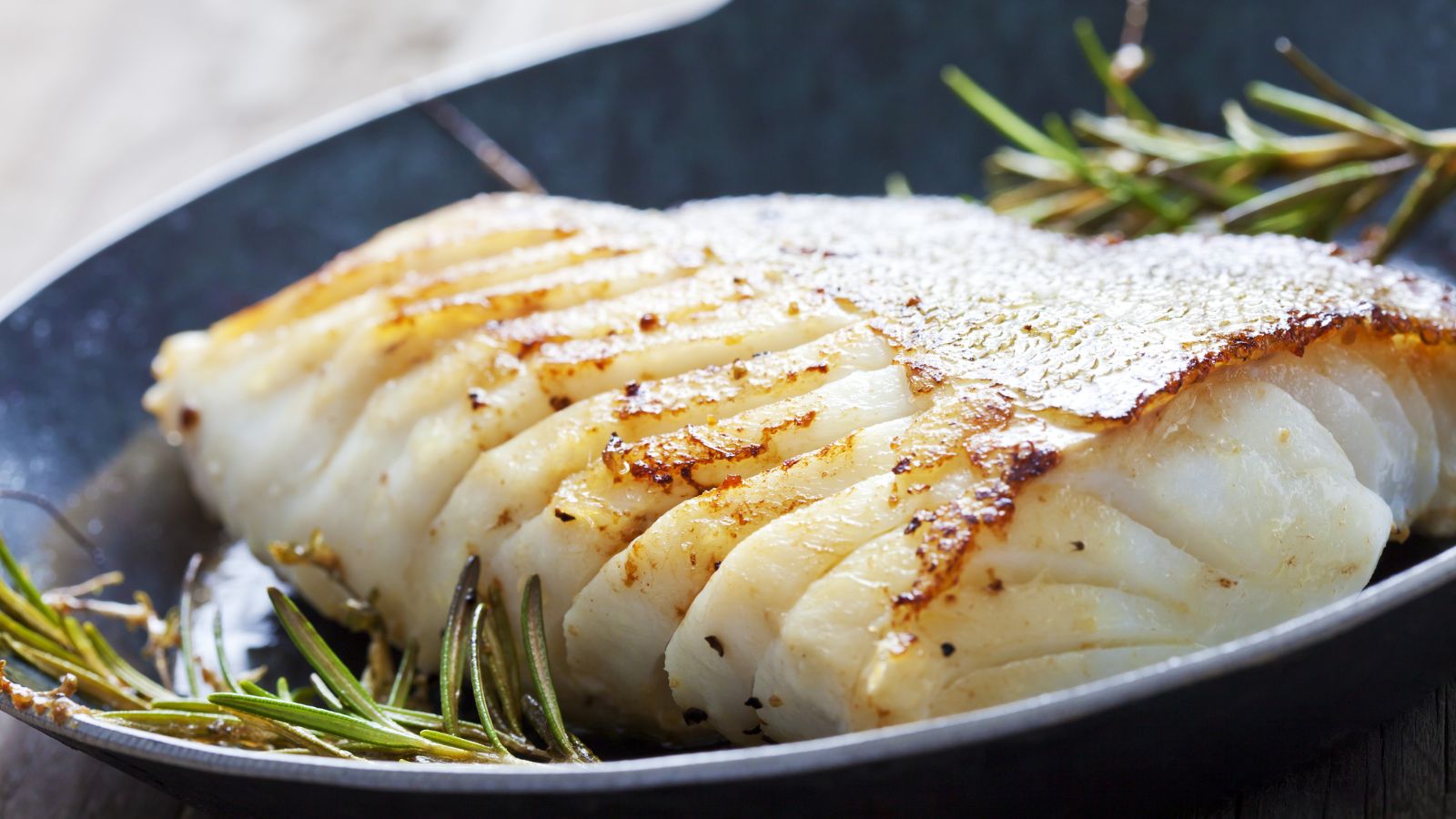
Once abundant, Atlantic cod stocks collapsed due to intense overfishing. Although some populations show signs of recovery, many remain at risk as overconsumption continues to hinder their rebound. Do your part by opting for alternative whitefish varieties to lessen the demand for Atlantic cod.
King Crab
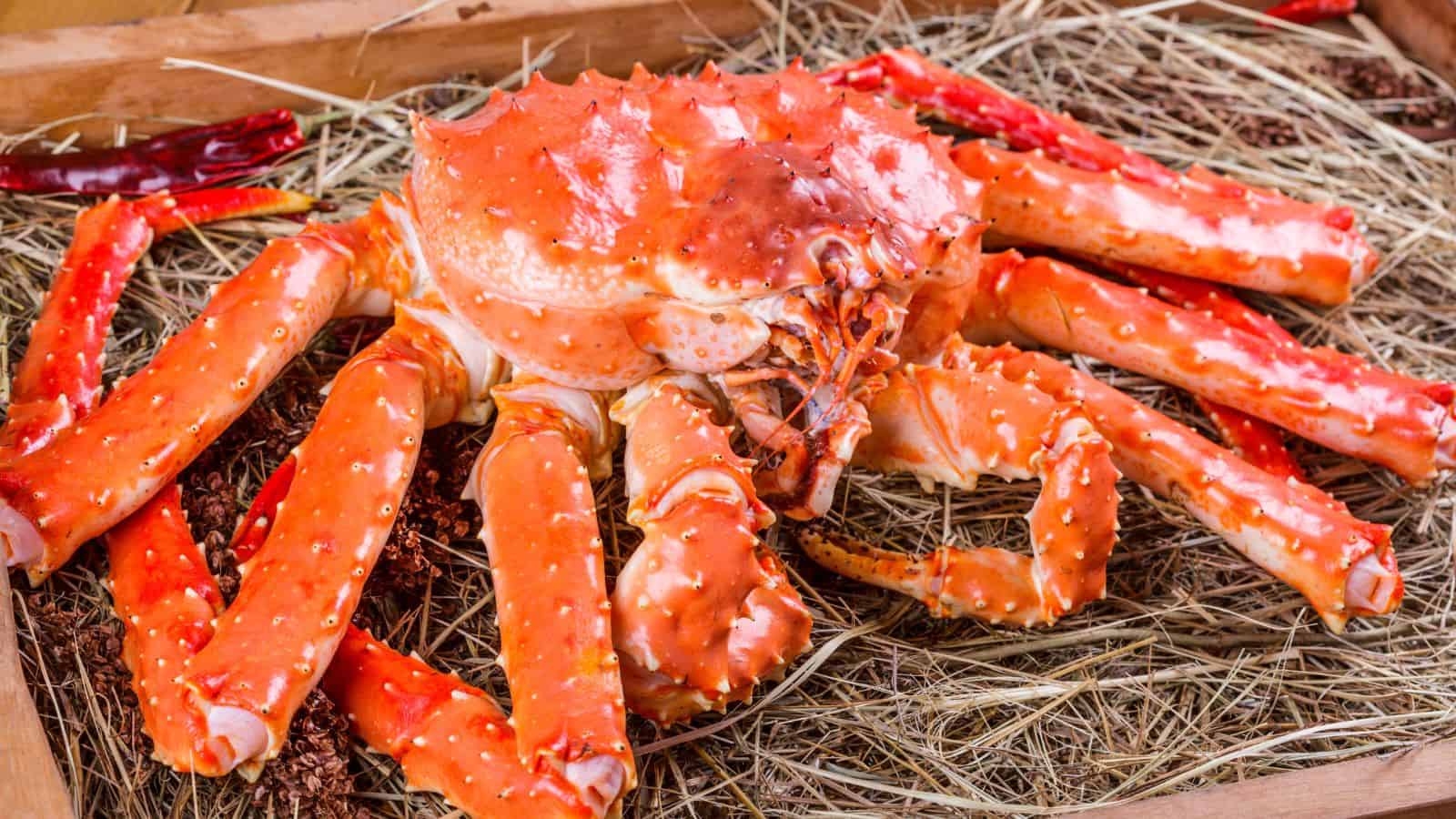
Another creature that faces overharvesting issues is the king crab. But this isn’t the only reason why you should avoid them. Crab meat can also contain somewhat high amounts of mercury, cadmium, zinc, and copper, which can be harmful to you, which is another reason why it should be avoided.
Pufferfish (Fugu)

Known as a delicacy in some cuisines around the world, pufferfish contains tetrodotoxin, a potent neurotoxin—and it is so dangerous that only specially trained and licensed chefs can prepare it safely. Ingesting improperly prepared pufferfish can lead to severe poisoning or even death, making it an extremely risky choice for you.
Monkfish

Because of its lobster-like taste, monkfish has faced overfishing pressures, and what’s worse is that its fishing methods, often involving bottom trawling, have been seen to damage seabeds and catch unintended species. Again, if you care about the environment, it’s always best to choose other seafood caught using more sustainable practices.
Caviar (Sturgeon)

Sturgeon populations have been severely depleted for their roe—and for those who don’t know, this “roe” is the luxurious caviar you so much fancy. Illegal poaching and habitat loss exacerbate the decline of this species, and their populations haven’t seen any significant increase since as far back as 2007.
Chilean Sea Bass
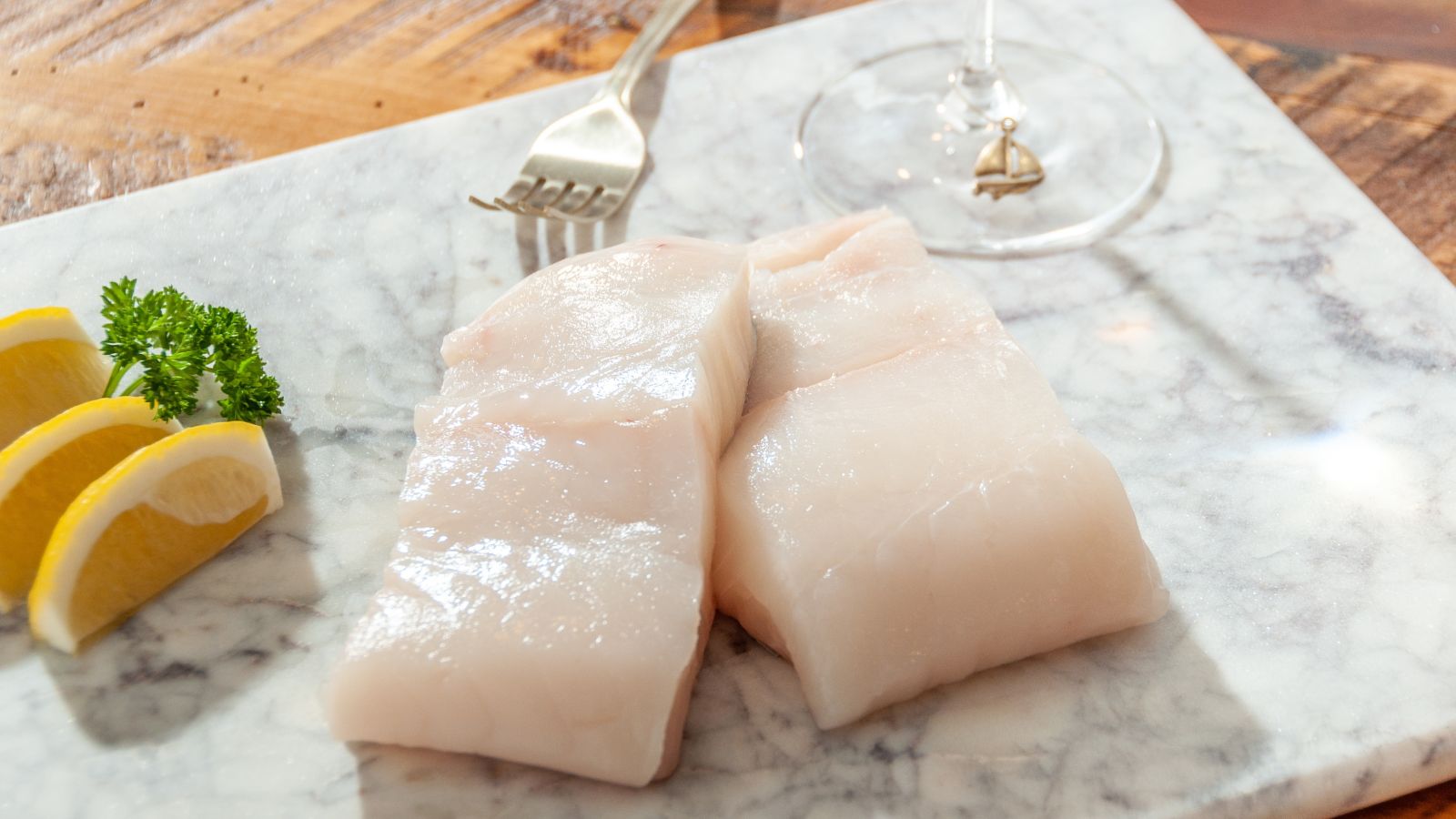
With the Patagonian toothfish (as it’s sometimes called), we also have a creature overfished to the point of endangerment. And like a few on our list, there’s the risk of the high amounts of mercury endangering your health, too.
Atlantic Halibut
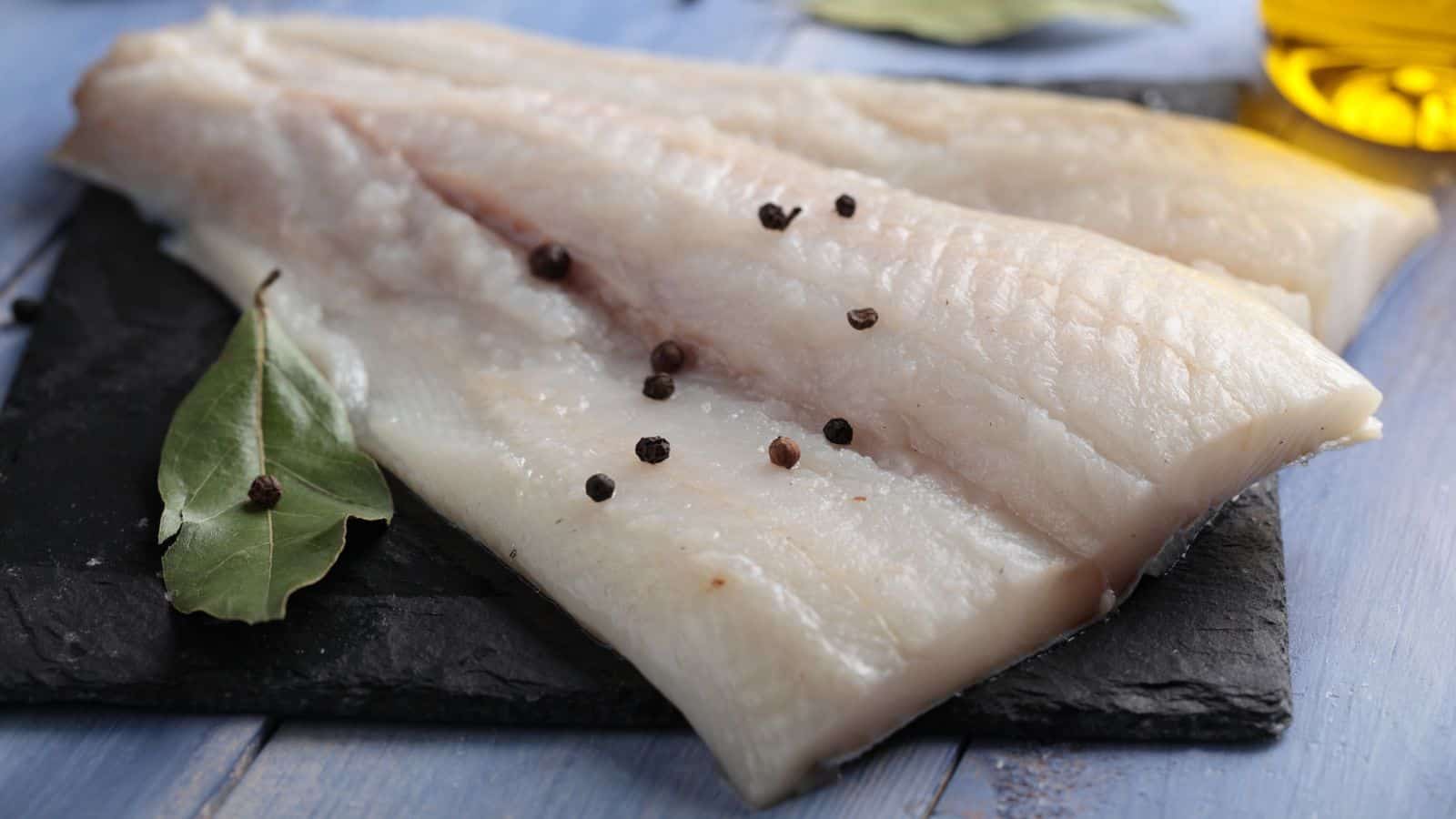
You should know that the Atlantic halibut populations have been significantly reduced by overfishing, and this is another slow-maturing fish that struggles to replenish its numbers under current fishing pressures. Opting for the Pacific halibut or other sustainable alternatives can help alleviate the strain on the Atlantic stocks.
Grouper

Grouper species are vulnerable to overfishing due to their slow growth and reproductive rates. But what’s more worrisome is that many are caught using destructive methods like cyanide fishing, and this fish even has an unhealthy amount of mercury in its meat. There’s a lot that could go wrong with just eating one.
Farmed Atlantic Salmon
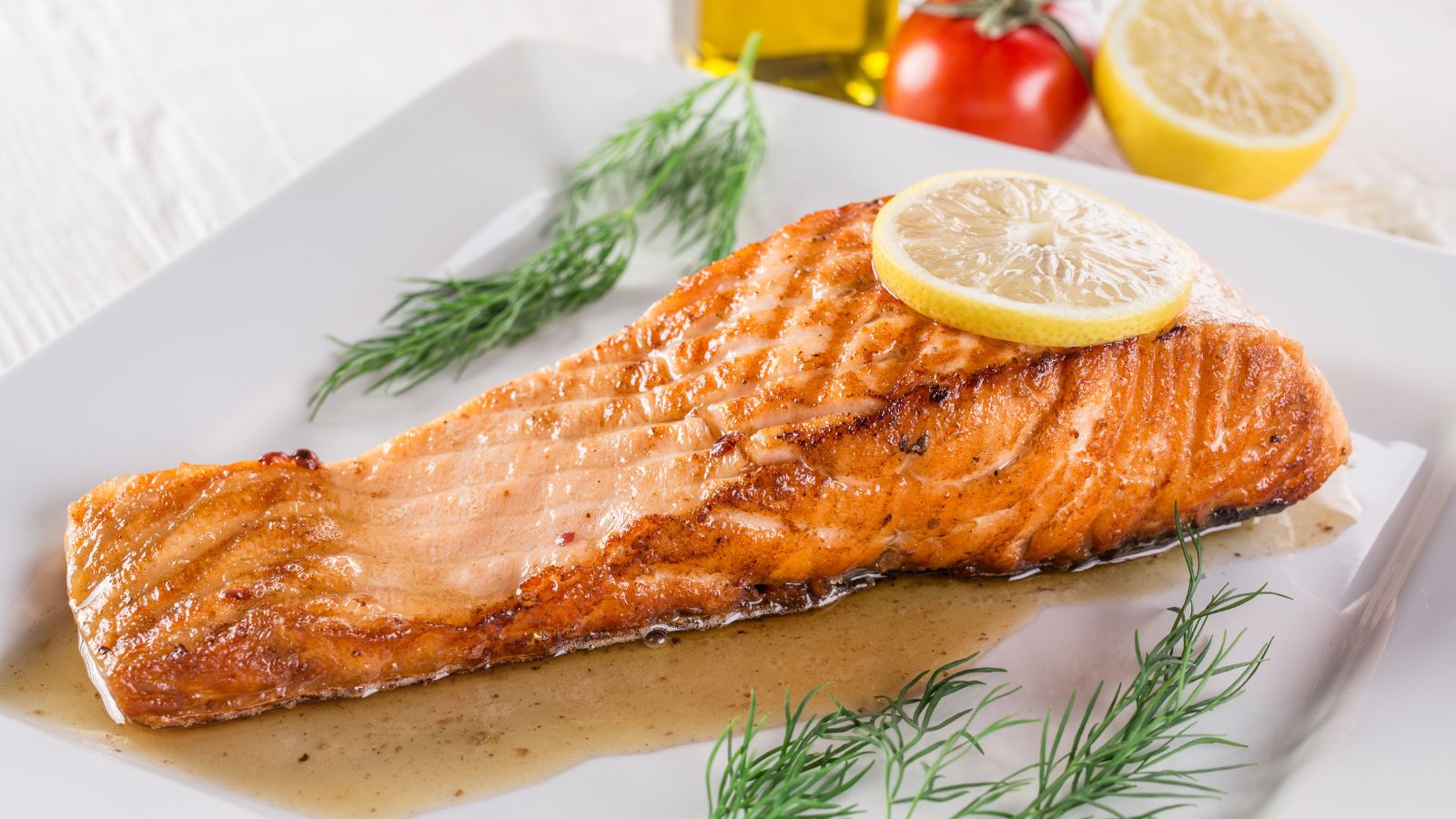
With the farmed Atlantic salmon, we’re worried about the higher levels of contaminants like PCBs and dioxins. The farming practices involved in breeding them have also been seen to impact wild salmon through the spread of diseases and genetic interbreeding. This is why choosing wild-caught Pacific salmon is best.
Octopus
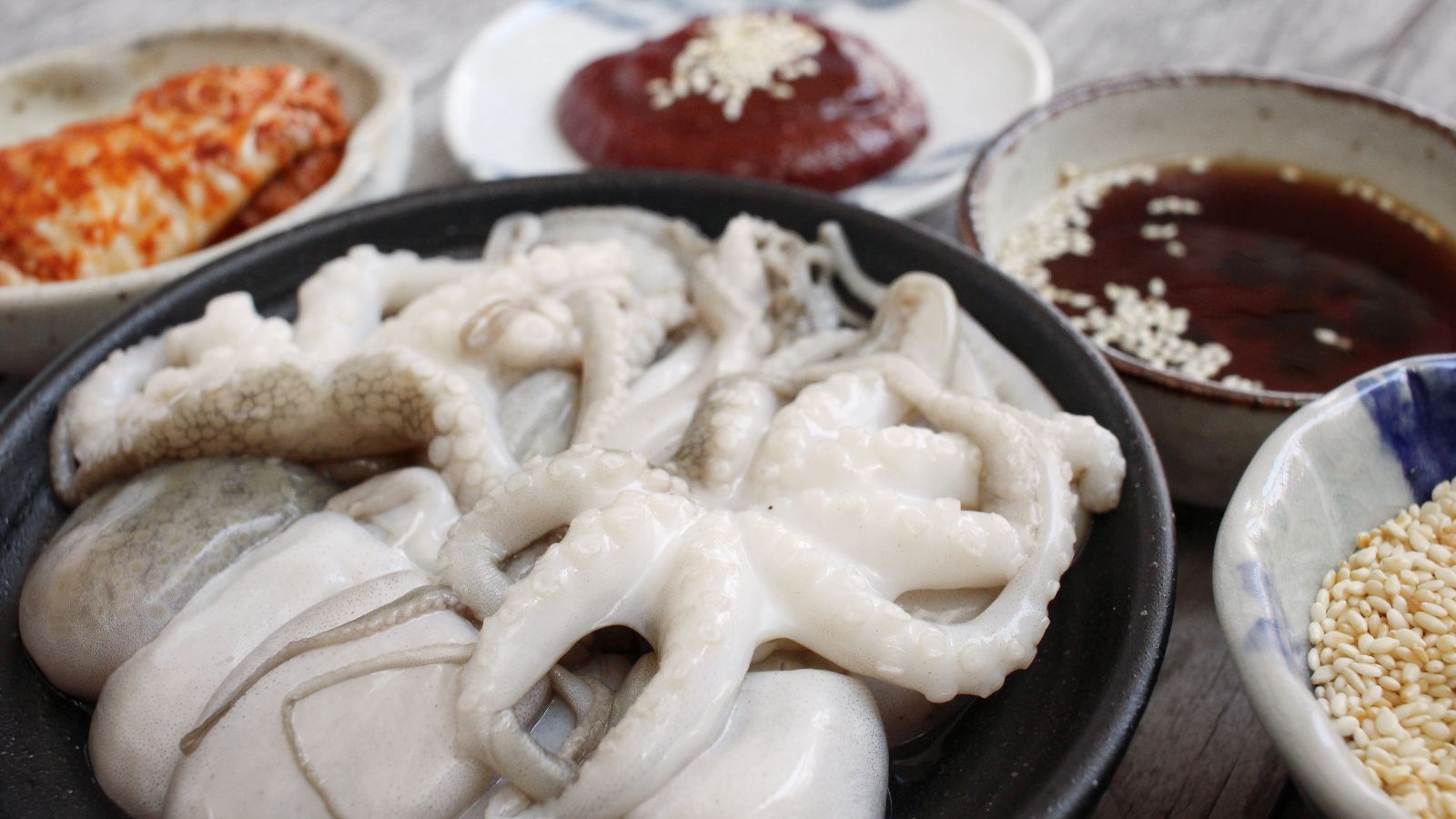
Lastly, no matter how enticing the idea may be, you should consider limiting the amount of octopus you eat. Of course, this is for those who care about protecting the biodiversity in our seas, as octopus populations are under increasing pressure from rising global demand for their meat. They also play a vital role in marine ecosystems, which means you put other species at risk with them, too.

